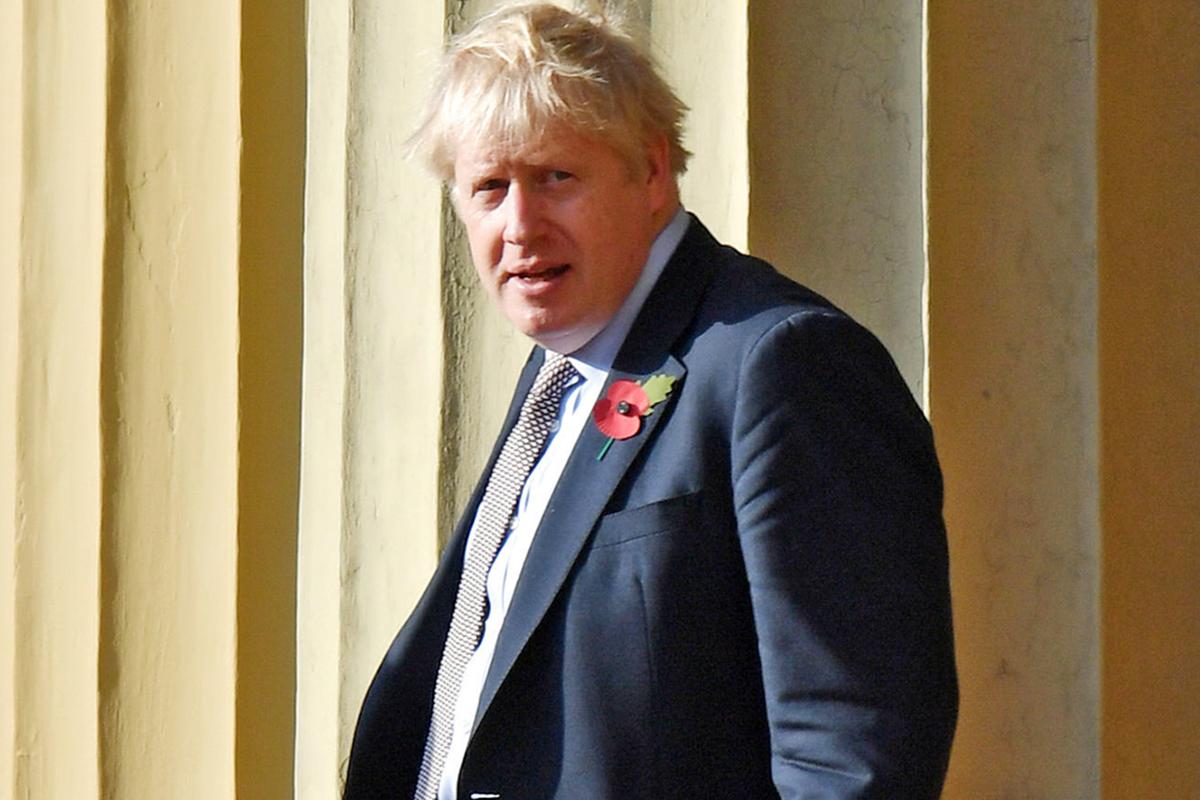British newspapers heap positive coverage on Tories while trashing Labour, study finds
Pro-government and anti-opposition coverage rife in first week of general election campaign

Your support helps us to tell the story
From reproductive rights to climate change to Big Tech, The Independent is on the ground when the story is developing. Whether it's investigating the financials of Elon Musk's pro-Trump PAC or producing our latest documentary, 'The A Word', which shines a light on the American women fighting for reproductive rights, we know how important it is to parse out the facts from the messaging.
At such a critical moment in US history, we need reporters on the ground. Your donation allows us to keep sending journalists to speak to both sides of the story.
The Independent is trusted by Americans across the entire political spectrum. And unlike many other quality news outlets, we choose not to lock Americans out of our reporting and analysis with paywalls. We believe quality journalism should be available to everyone, paid for by those who can afford it.
Your support makes all the difference.The British press overwhelmingly reports negative stories about opposition parties while heaping positive coverage on the ruling Conservatives, a study has found.
Academics at Loughborough University analysed the extent to which different print outlets ran positive and negative stories about different UK political parties in the first week of the 2019 general election campaign.
They found that the Labour Party was overwhelmingly targeted with negative coverage by the papers, while in certain publications positive stories were almost exclusively reserved for Boris Johnson’s Tory party.
The study also showed that the most positive coverage of the Tories came from the highest circulation newspapers, with journalists at The Sun and the Daily Mail relied upon to write deferential, pro-government stories.
“The unweighted results show that only the Conservative Party received more positive than negative coverage across all newspapers,” the academics said in a summary of their research.
“In contrast, Labour had a substantial deficit of positive to negative news reports in the first formal week of the campaign.”
The academics said the findings were “important context” to studying the election and that while Labour politicians may have had more coverage in the national press than the Conservatives, “a large proportion of this was negative”.
The study of the first week weighted each news item about the election based on whether it contained a negative or positive implication for each party, scoring either -1 or +1 respectively, while balanced news items produced a 0 score.
The result was a positive score of +4 for the Conservatives, and a negative score of -91 for Labour, suggesting coverage had been overwhelmingly negative for the main opposition.
Other opposition parties scored less extreme negative coverage: the Liberal Democrats -14, the SNP -8 and the Brexit party -2. The researchers said this “largely reflected their marginality in newspaper coverage”.
Weighting the coverage by newspaper circulation, the Conservatives scored +29.7, Labour -70, and Lib Dems -10.
In 2017 researchers from the university identified a similar pattern, that Jeremy Corbyn was far more likely to be attacked in election reporting that Theresa May.
While broadcasters are bound by stricter impartiality rules during the official election campaign, newspapers are free to print what they like. The study did not include online or broadcast media.
Traditional print media has been fading in importance in recent years, losing out to online outlets. Between 2010 and 2019 The Sun’s print circulation more than halved from 3 million to 1.4 million, while the Daily Mail’s dropped from 2.1 million to 1.2 million.
There is debate as to what extent newspaper coverage influences public opinion. One recent LSE study found that a boycott of The Sun on Merseyside in the wake of the Hillsborough disaster appears to have led to lower levels of Euroscepticism in the region.
The UK is one of the worst-ranked countries in western Europe for press freedom, according to NGO reporters without borders – ranked 33 out of 180 in the world in 2019. The organisation cites concerns around the UK government’s approach to national security, surveillance, and data protection.
Join our commenting forum
Join thought-provoking conversations, follow other Independent readers and see their replies
Comments